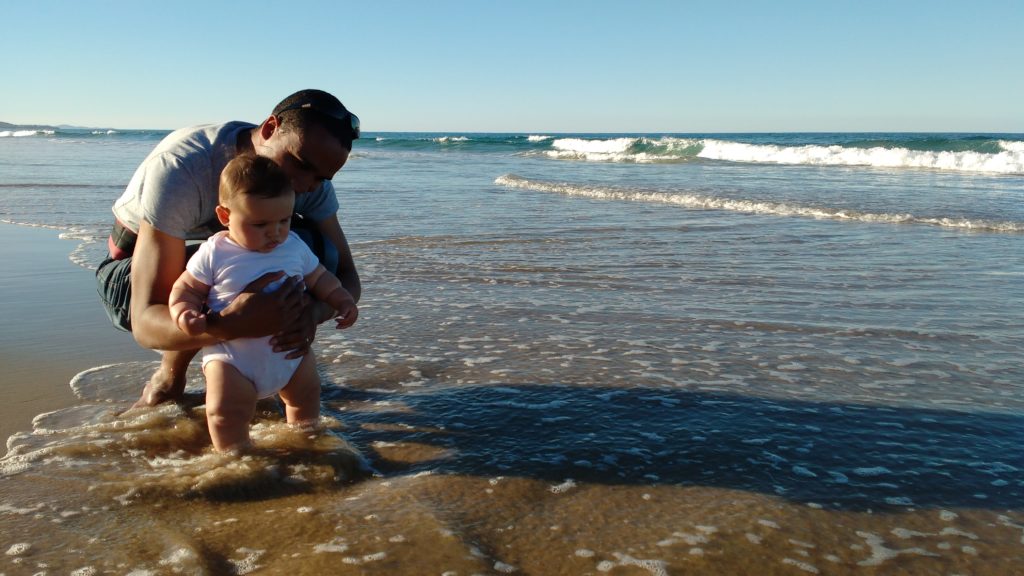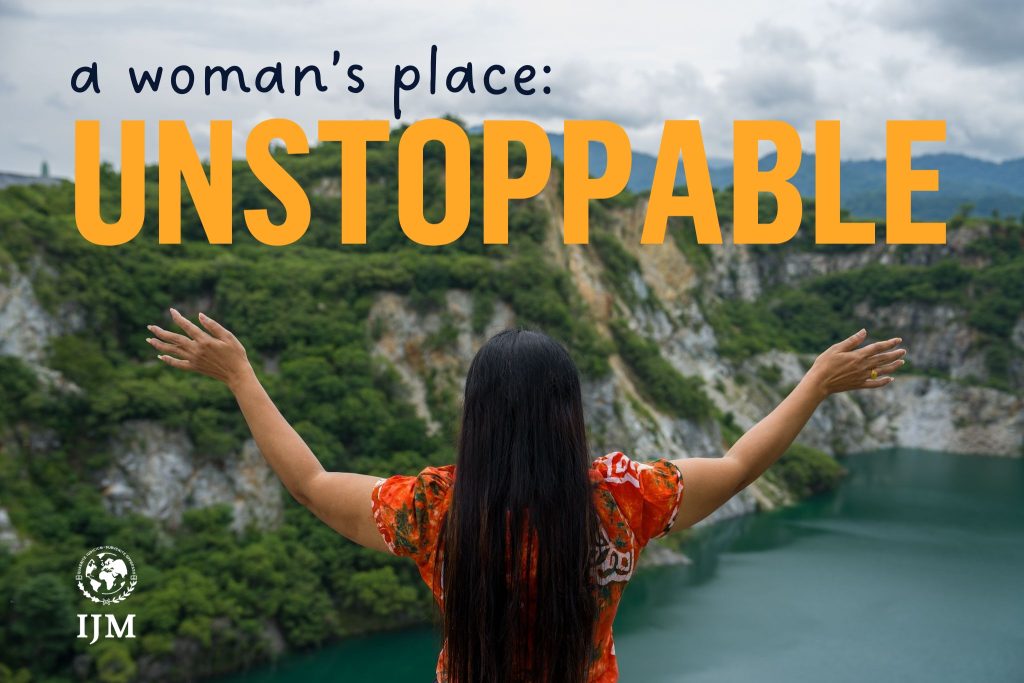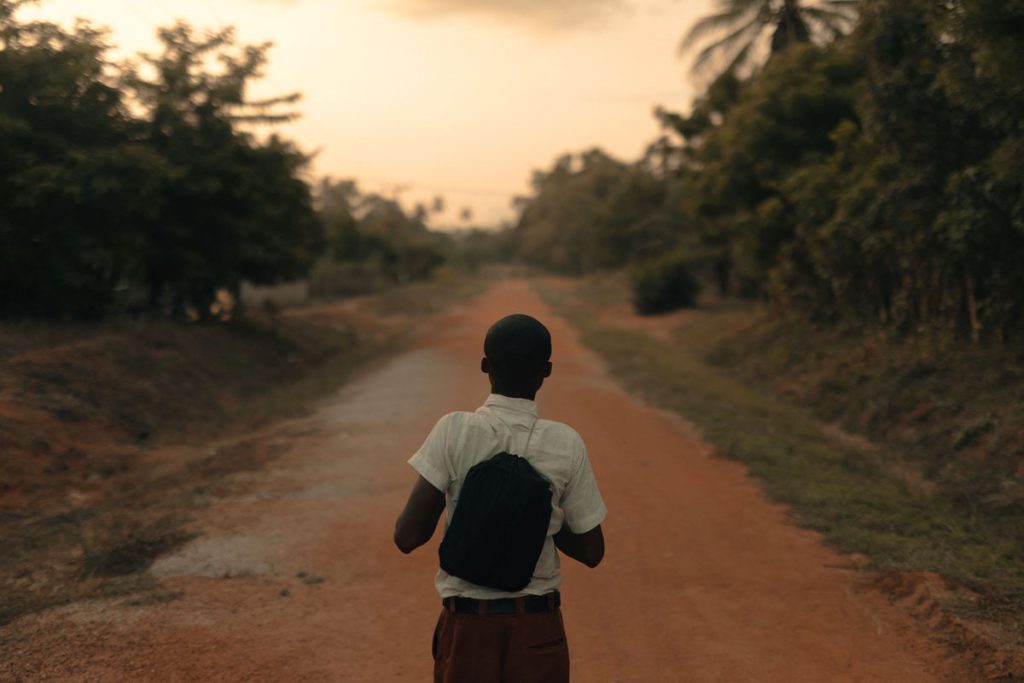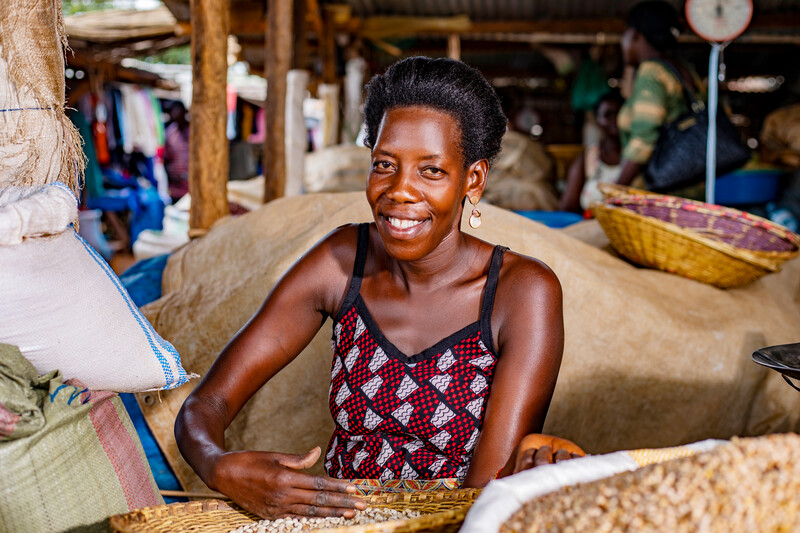
Jacob Sarkodee
Jacob reflects on a day of great personal significance – 10 December 2018, his daughter’s third birthday, and the 70th anniversary of the Universal Declaration of Human Rights.
10 December is a date close to my heart. Early on a clear Melbourne morning on that day in 2015, my overdue wife went into labour ahead of having our second daughter that evening. And what a joy it was a joy to meet little Xanthe!
As she approaches her birthday this year, telling everyone who will listen that she is turning 3, I am reminded of why I also thought it was fantastic she was born on 10 December.
Driving to the hospital that day three years ago, I remember thinking to myself: “We are going to have a child born on the very same day the Universal Declaration of Human Rights was adopted in 1948!”
You may well ask: who on earth thinks about the Universal Declaration of Human Rights (UDHR) when their wife is in the early stages of labour?! Perhaps that strange but fleeting thought came because I was reminded that there were children who that very day would not be born into the freedom that Xanthe would be. Children who today are conceived and born into a vicious form of violence known as modern day slavery.
This is despite the fact that 70 years ago, the newly formed United Nations declared with one voice in article 4 of the UDHR that:
“No one shall be held in slavery or servitude; slavery and the slave trade shall be prohibited in all their forms.”
This article set the modern standard for all nations. Today, slavery is outlawed in all countries around the world. And yet, more than 40 million people remain held captive, working for little or no pay, through the use or threat of violence.
Slavery is a global business with an appallingly simple model: it thrives in markets where laws are not enforced.
But now after 20 years of rescue operations, releasing more than 46,000 individuals from fear and protecting millions by strengthened justice systems, IJM has proven that it is possible to protect the poor from the violence of modern day slavery.
IJM’s teams partner with authorities to improve local justice systems’ ability to protect vulnerable people. Today, through this protective effect of our work, including individual casework and targeted system reform projects, IJM is helping justice systems across the developing world protect more than 150 million vulnerable people from violence like modern day slavery.
Seventy years on from the UDHR, we now know that well-funded and trained public justice systems in the developing world are integral to ending modern slavery. They’re integral to upholding human rights.
So today on Human Rights Day, I want to invite you to take action. Yes, we should continue to consume ethically sourced products and advocate for new laws like the Modern Slavery Act 2018 (Cth) recently passed by Australia’s Federal Parliament. We also have the opportunity to give the gift of lasting freedom to mothers like Thaiyamma.
Thaiyamma was one of those 40 million trapped in slavery. She was nine months pregnant—as my wife was three years ago—yet forced to do hard labour at a wood-cutting facility. But she gave birth to a beautiful and free child—as my wife did three years ago.
Bonded labour slavery was outlawed in her country in 1976. Yet a lack of law enforcement made Thaiyamma and many like her vulnerable to slavery. Rescue was possible because IJM and local officials showed up right on time, because we’re partnering with local law enforcement to not only find and rescue those in slavery like Thaiyamma, but also to strengthen justice systems so that they enforce the laws that say slavery is not acceptable.
Today Thaiyamma and her family are thriving and hoping to help others living in bondage in their community. They are, essentially, human rights advocates.
This, then, is how we can stand up for human rights—by getting behind survivors and advocates like Thaiyamma. By sending rescue. By curbing the everyday violence that stands in the way of human rights being universally enjoyed.
Eleanor Roosevelt, a former First Lady of the United States and the leader of the US delegation to the UN in 1948, on the eve of the adoption of the ground-breaking statement, said:
“This Declaration is based upon the spiritual fact that man must have freedom in which to develop his full stature and through common effort to raise the level of human dignity.”
If we believe this—if you believe this—then let us all not relent to bring freedom to everyone held in slavery today.
Until. All. Are. Free.
Jacob is IJM Australia’s Director of Strategic Partnerships and he’s pictured with Xanthe in the header above. You can follow him on Twitter and Instagram: @sarkodee.
The other photos in this blog are of Thaiyamma and her family. You can learn more about their incredible story here.




